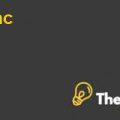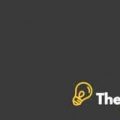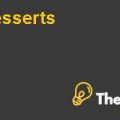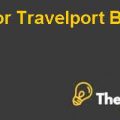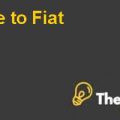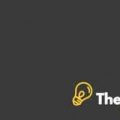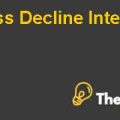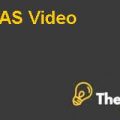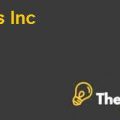
TARGET EXPRESS Case Solution
INTRODUCTION
Target Express is a delivery service, which places focuses on consumer satisfaction. It does not achieves this by just providing services on time, but it also maintains a high degree of professionalism and a "can do" attitude. It is expected that the workforce of the company is extremely efficient and enthusiastic, and focuses mainly on customers’ satisfaction.
Target Express was established by three entrepreneurs in the year 1983, and they grew the business in to a profitable corporation. The company earned revenue of 135 million pounds over the last two decades. However, it is a service company which provides an express parcel delivery services to the customers. The services include the Rush delivery, same day delivery, weight and overnight delivery services. Moreover, the company distributed its items weighting among 100 grams to 100 kilograms. The company has 50 depot warehouses, which are operated by the skillful and experienced employees.
The management of the company is following the B2B marketing strategies rather than the B2C. It is expected that the company generates two third of its revenue from its the UK overnight delivery services as well as the company produces high gross margin such as 56% from its related services called the Express bag.
However, the company also provides a broad range of services to its customers such as domestic parcels, Irish parcels, worldwide parcel, market link, and other courier related services. Therefore, the major role of the Target Express is to collect and deliver its services throughout UK and Ireland.
This case highlights the magnitude of identifying the key stakeholders and the understanding of different conditions from the various perspectives in order to generate more revenue.
1. COMPANY’S MAIN PROBLEM AND ANALYSIS
In February, 2000, Target Express business of UK parcels delivery was acquired by the two most famous companies, 3i and Gresham Private Company. These companies bought the entire UK parcel delivery business of Target Express from its three entrepreneurs for 220 million pounds. At that time Target Express had a turnover of 135 million pounds with the focus of B2B marketing strategies. According to Gresham and 3i, B2C market is more profitable for the Target Express rather than the B2B market. They both decided to push the company into a rapidly growing B2C (Business to Consumer) market. Unfortunately, since then the company had been facing a problem of lack of financial resources, and Gresham said that they could not start this process until or unless the company had a limited resources or turnover. The management of the company is facing following major issues:
REVENUE IS VANITY; PROFIT IS SANITY
The case study highlights the mistakes of the PE investors, which they made to increase the profitability of the business. The first mistake which was made by the PE investors was that it was focusing on growing turnover in order to become a profitable company. At the time of Gresham and 3i’s investment in Target Express, the B2C market was considered as the most reliable driver of growth and it was also believed that the company should focus on online shopping business. However, the PE investors invested in the B2C business as it helped the business to grow in the market but it is tough to make a profit from this strategy.
The company focused on the B2C market as it wanted to increase the profitability of the enterprise. The company focused on the growing income in B2C business, which decreased its profitability..................
This is just a sample partial case solution. Please place the order on the website to order your own originally done case solution.


